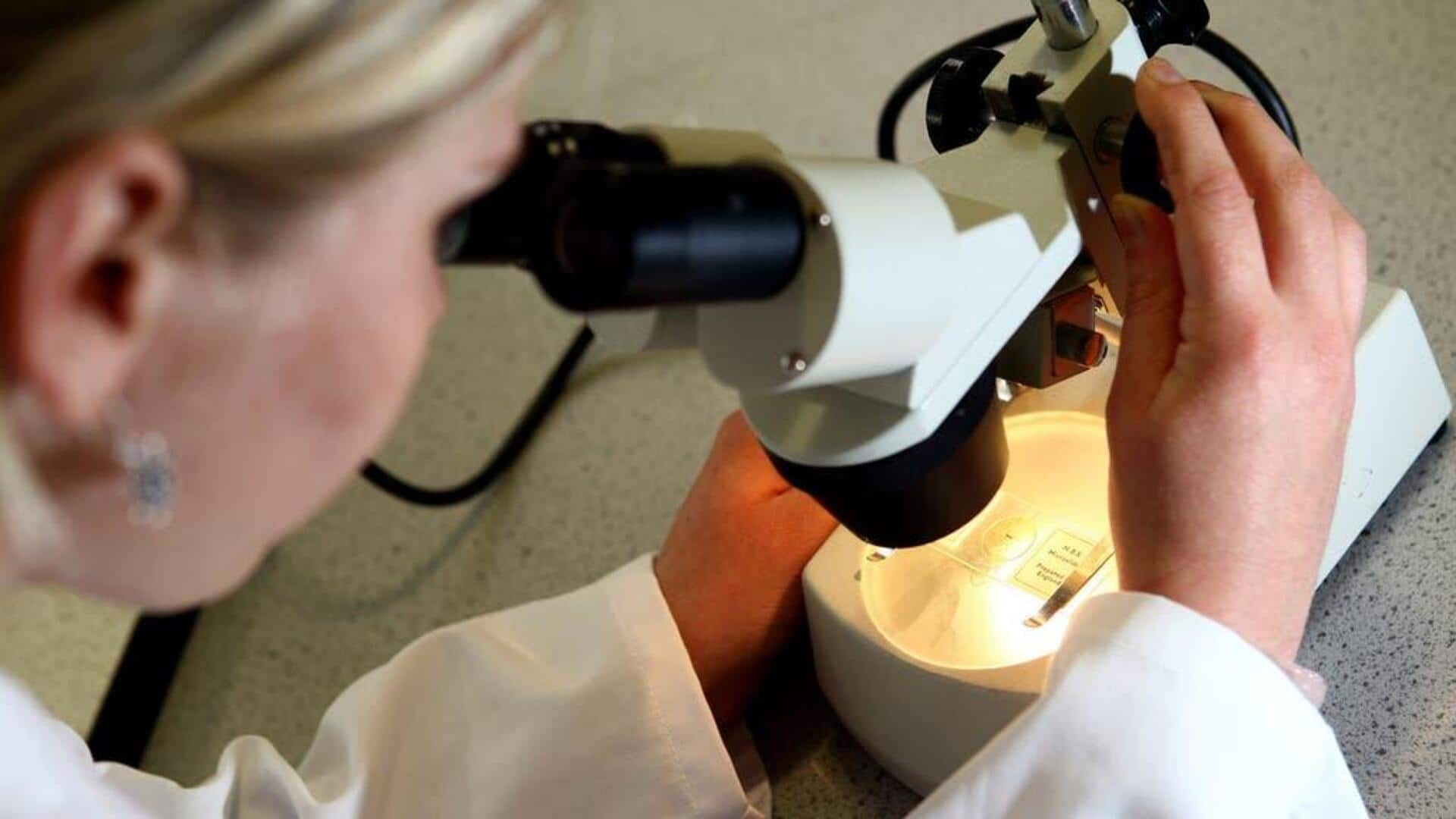
This groundbreaking gene therapy can cure hereditary swelling disorder
What's the story
A revolutionary gene therapy, is being celebrated as a "medical magic wand" for its life-changing effects on patients suffering from hereditary angioedema (HAE).
It is a rare and potentially deadly disorder causing severe swelling.
Dr. Hilary Longhurst, the Lead Researcher at Te Toka Tumai, Auckland City Hospital, believes this one-time treatment could offer a lasting cure for the debilitating symptoms her patients face.
Disease
What is HAE and what are its effects?
HAE is a rare disease caused by a genetic mutation, affecting about one in 50,000 people.
The patients experience leaky blood vessels, which produce erratic bouts of swelling, affecting the throat, bowels, lips, mouth, hands, and feet.
The attacks last from hours to days, and can take place twice a week.
People can end up disfigured and bedridden due to acute swelling. If the throat is affected, it might even lead to suffocation and death.
Improvement
Patients experience dramatic improvement
In the first-ever human trial, participants experienced a significant reduction in their symptoms, allowing many to stop long-term medications and resume their normal lives.
A 54-year-old person from Suffolk who participated in the trial, has been attack-free for 18 months since receiving the therapy.
Judy Knox, a New Zealand nurse who also took part in the procedure, described the treatment as "like a medical magic wand" that has transformed her life.
Procedure
How does the gene therapy work?
HAE results from a mutation in the C1 inhibitor gene, causing leaky blood vessels and unpredictable swelling episodes.
The therapy employs CRISPR a Nobel Prize-winning gene-editing tool, to introduce "nanolipids" into liver cells, and disable the kallikrein gene responsible for excessive bradykinin production, which triggers swelling.
Ten patients participated in this small phase-one trial conducted in the UK, the Netherlands, and New Zealand, with larger trials currently in progress.
Problems
Challenges and future prospects
Although the therapy has shown remarkable results, it is unlikely to be widely available soon due to ongoing trials and high costs.
Professor Paul Morgan, an immunologist at Cardiff University, praised the findings but pointed out that single-dose gene therapies can cost between $1-2 million, making them accessible only in affluent countries.
Dr. Michael Tarzi, a Senior Lecturer at Brighton and Sussex Medical School, believes the study offers a genuine possibility of a cure for some HAE sufferers.